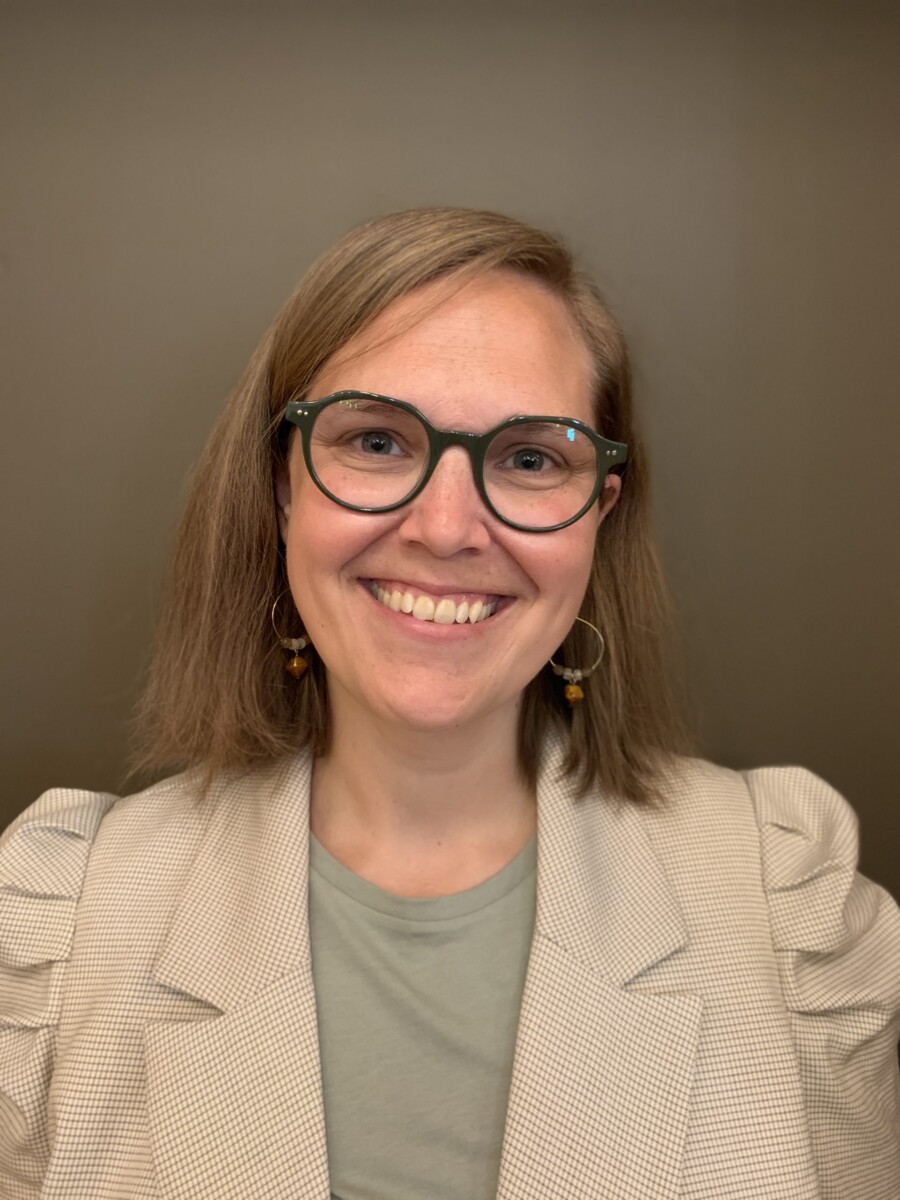Julian of Norwich is known for these words: “All shall be well, and all shall be well, and every manner of things shall be well.” Words of hope.
What is usually missing, however, is the context of her words. By context, I don’t mean historical context. Julian definitely lived through difficulty: the plague, war and economic crisis, and was on her deathbed when she had her vision. But by context, I mean within the text itself.
She recorded the visions (the “short text”) soon after they happened, then twenty years later she wrote the “long text,” adding the reflections and lessons she learned about what God had shown her. The quote appears twice in back-to-back paragraphs. In the first instance, you’ll notice that we’ve conveniently left off the first part:
But Jesus, who in this vision informed me about everything needful to me, answered with these words and said: Sin is necessary, but all will be well, and all will be well, and every kind of thing will be well. (chapter 27)
“Sin is necessary, but all will be well…” It’s very on-brand for us to remove the reference to sin. And yet, I think the way Julian talks about what God revealed to her makes for richer hope. Consider her explanation, which immediately follows:
In this word ‘sin’, our Lord brought generally to my mind all which is not good, and the shameful contempt and the direst tribulation which he endured for us in this life, and his death and all his pains, and the passions, spiritual and bodily, of all his creatures. For we are all in part troubled, and we shall be troubled, following our master Jesus… (chapter 27)
Where sin and its effect in the world are, where all the suffering and darkness tries to consume and control, Christ’s Passion, hope manifested in the physical, brings us comfort. Or, at least it did for Julian and was why she wrote that all would be well.
We see again in Julian how important it is to tell the truth about the darkness. Julian, however, has also taught me how to embrace the mystery of understanding truth. She has helped me see, as I struggle to express hope in the hopeless, in the face of the pressure to try to understand “why” something bad has happened so that I can fix it—and especially as I feel this pressure from others—truth isn’t always about knowing and mastering the why, but simply being able to say what is.
Julian goes on to describe how sin is really only recognizable by the pain it causes, but that because of God, “it has no share in [our] being.” Remember that “sin” for Julian is an all-encompassing term for all that is not as it should be in the world. Her message from God is that the bad does not define us; there is beauty when we go through it; we can live the true no matter what the circumstances. These are the lessons we’ve been exploring about hope over the last few Sundays on this blog. Now we add the freedom of knowing that it isn’t always our fault and God promises that all will be made well.
It’s also worth noting that this vision is precipitated by the fact that Julian wondered why God did not prevent sin altogether, “for then it would seem to me that all would have been well.” Elsewhere, she questions God and the “answer” is always the same: God gives her clarity on what she actually needs to know, which is his love. He does it here too:
And because of the tender love which our good Lord has for all who will be saved, he comforts readily and sweetly, meaning this: It is true that sin is the cause of this pain, but all will be well, and every kind of thing will be well. (chapter 27)
This is the other place where the famous quote appears. Notice, again, that sin is part of the original textual context. This time, it’s the phrase about sin that is not present in the short text, marking all the words between the first and second appearances of “all will be well” as the fruit of Julian’s lifelong conversation with God about her hope manifested by his love.
If there is one theme for all of Julian’s visions, it is God’s endless love. Jesus tells her in another vision to make sure she (and we) understand that, having his love,
we are as certain in our hope to have the bliss of heaven whilst we are here as we shall be certain of it when we are there. (chapter 65)
“All will be well” is the truth song of hope.
Photo credit: “Julian of Norwich” by Matt From London is licensed under CC BY 2.0

